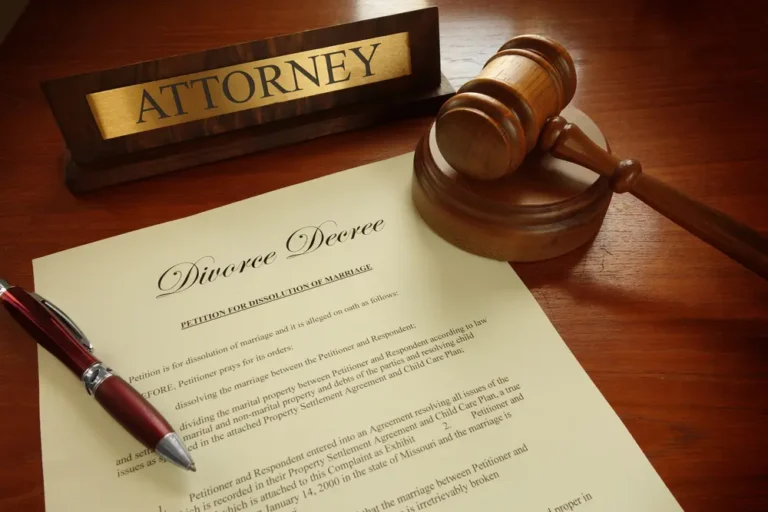Understanding the Role of Child Protective Services in Texas~3 min read
Child Protective Services (CPS) plays a crucial role in ensuring the safety and well-being of children in Texas. However, it’s essential to know what CPS can and cannot do to navigate its involvement effectively.
What CPS Can Do:

- Investigate Reports of Abuse or Neglect: CPS has the authority to investigate any reports of child abuse or neglect. They will conduct interviews, gather evidence, and assess the safety of the child’s environment.
- Provide Services and Support: CPS can offer various services and support to families in need, such as counseling, parenting classes, or assistance with housing and finances. Their goal is to help families address underlying issues and prevent future harm to children.
- Remove Children from Unsafe Environments: If CPS determines that a child is in immediate danger, they have the authority to remove the child from the home and place them in temporary foster care or with a relative.
- Coordinate with Law Enforcement: CPS often collaborates with law enforcement agencies during investigations, especially in cases involving criminal behavior or imminent danger to the child.
- Petition for Court Intervention: If necessary, CPS can petition the court to intervene in cases where children are at risk. This could include seeking legal custody of the child or implementing protective measures.
What CPS Can’t Do:
- Take Action Without Evidence: CPS cannot take action against a family without credible evidence of abuse or neglect. They must follow specific protocols and legal guidelines to ensure the rights of both children and parents are protected.
- Make Arbitrary Decisions: CPS decisions are based on thorough assessments and investigations. They cannot make arbitrary decisions or remove children from their homes without proper justification.
- Provide Legal Advice: While CPS can offer support and guidance, they cannot provide legal advice to parents or guardians. It’s essential for families involved with CPS to seek legal counsel if needed.
- Override Parental Rights Without Due Process: CPS cannot override parental rights without due process. This means that parents have the right to challenge CPS decisions in court and present their case.
- Disclose Confidential Information: CPS is required to maintain confidentiality regarding investigations and case details to protect the privacy of families involved.
In conclusion, Child Protective Services in Texas plays a vital role in safeguarding children from abuse and neglect. Understanding their authority and limitations can help families navigate their involvement more effectively. If you are involved with CPS, it is important that you seek guidance from a legal professional. Your child’s safety is paramount, and working collaboratively with CPS can lead to positive outcomes for your family.
Contact Springer & Lyle
At Springer & Lyle, we are committed to providing expert legal guidance on family law matters, including CPS issues. If you have questions regarding CPS, child custody or any other family law matter, please contact experienced Springer & Lyle attorney Daniel Abasolo at 940.370.4033 to schedule a consultation. Springer & Lyle is located at 1907 Westminster, Denton, Texas 76205.





